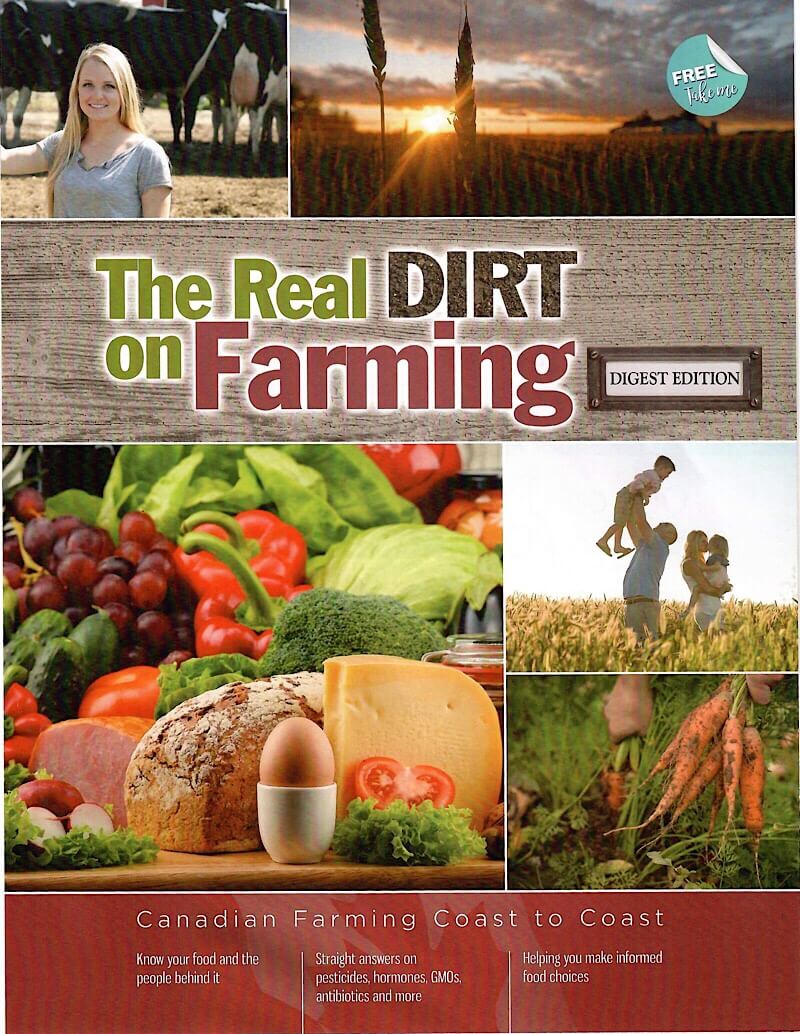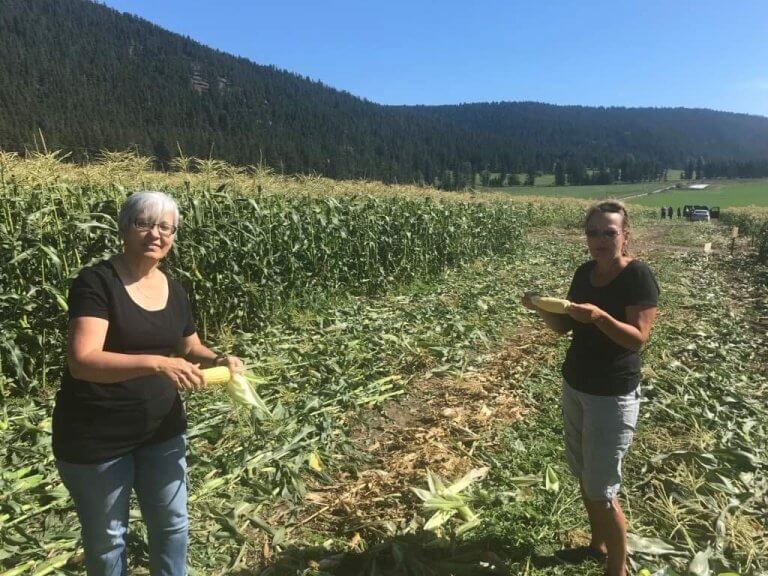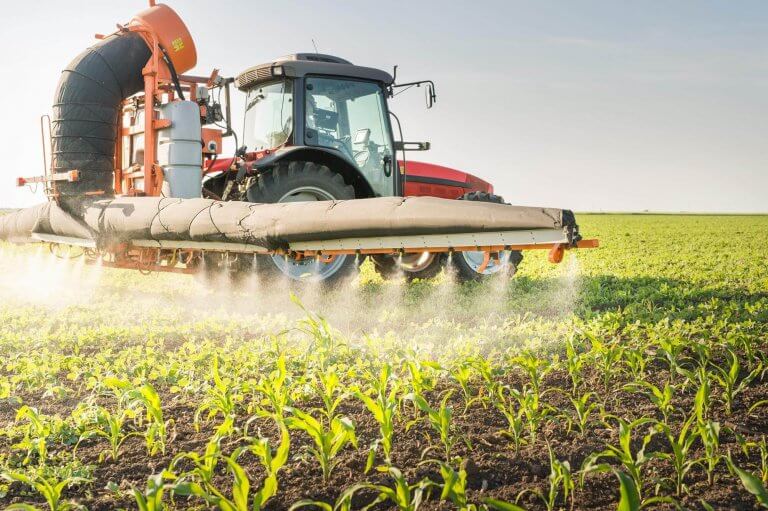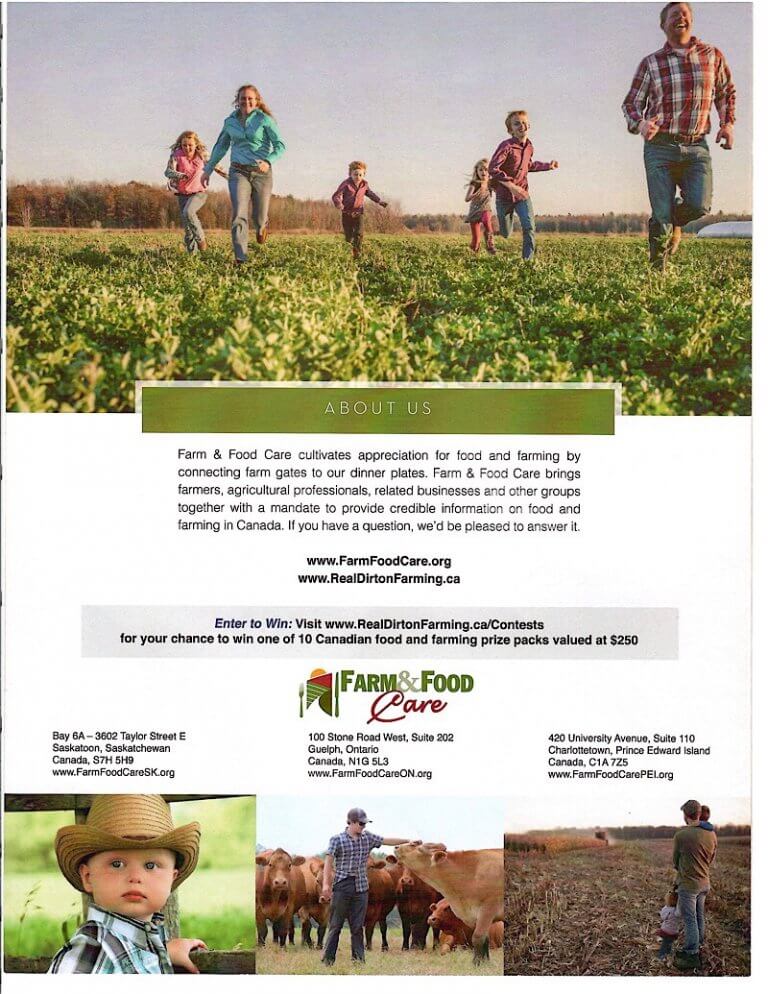Even though Della is a self-described townie, she attends the Farm Women’s conference each year. She came home so full of energy from the speakers and with a goody bag of great information.
Here are some of her take home learnings.
One Hundred years ago, over half of Canadians worked on farms. Now that number is less than two percent of the population. With so few connected to food production, it's understandable that questions about food and agriculture abound.
Canada's Farmers - The Real Dirt on Farming Tweet
- 97 % of Canadian farms are family owned
- 6.5 % of Canadian land is farmed
- 28.7 % of farmers are women
- The treatment of animals is governed by the Criminal code and provincial animal care legislation. It also makes no sense to harm your livelihood.
- Ontario has the largest greenhouse operations in North America.
GMO’s have certainly become a buzz word. There is some confusion about what that means.
- Genetic engineering means adding or deleting genes from an organism.
- 9 different genetically engineering crops are sold in Canada.
- Corn
- Soybeans
- Cotton
- Canola
- Alfalfa
- Sugar beets
- Papaya
- Arctic Apples
- Innate potato
- There is no evidence GMO foods cause any health problems. Over 2000 scientific studies confirm this.
- Health Canada is responsible for regulating pesticide use. Our standards are some of the toughest in the world
- Canada has adopted standards to protect bee populations from Neonicotinoids. Bee populations are up but so are bee deaths which cn be attributed to cold and long winters, inadequate nutrition, and parasitic mites.
Ranchers and veterinarians work hard to keep livestock in good health. Antimicrobials are only used to treat sick animals.
- Farmers and Ranchers follow strict rules to ensure our food is residue free.
- No chickens, turkeys, egg-laying hens or pigs are fed hormones in either Canada or the US.
- Canadian diaries do not use hormones in milk production.
- There is no such thing as hormone free meat as hormones are produced naturally.
- Some beef farmers use a Health Canada approved hormone implant to develop more lean meat instead of fat.
- Organic labels on food are produced without the use of synthetic fertilizers or pesticides.
- All Canadian products labels with the Canada Organic logo (not the one pictured) are certified by an independent auditor.
- Products labelled gluten free are not healthier. They are made without wheat, barley, rye of triticale for people with celiac disease or gluten sensitivities.
Curious and want to know more?
- get in touch with a local farmer
- reach out to FarmFood360.ca
- track hastags #OntAg or #WestCdnAg
- reach out to RealDirtonFarmng.ca








